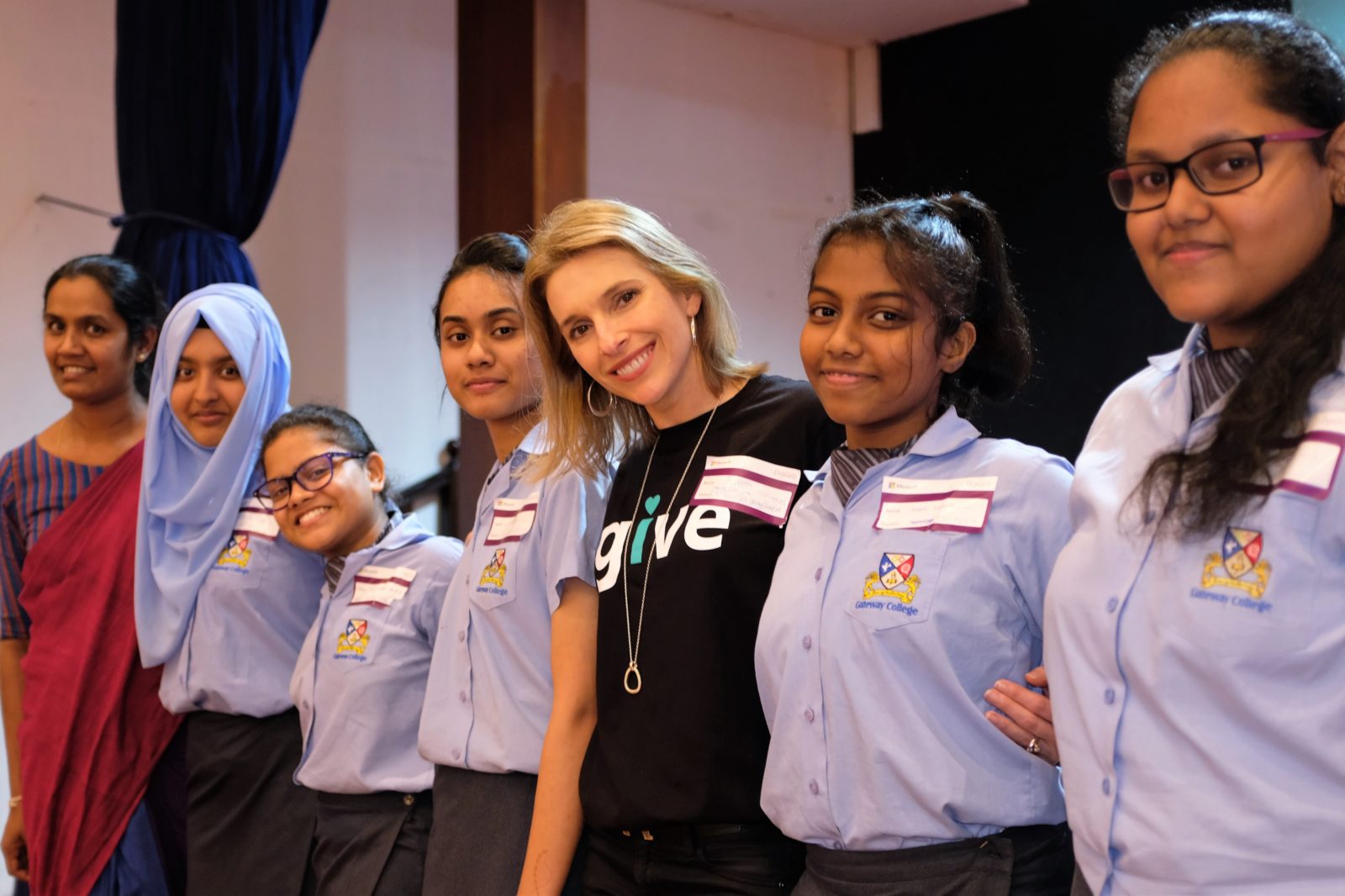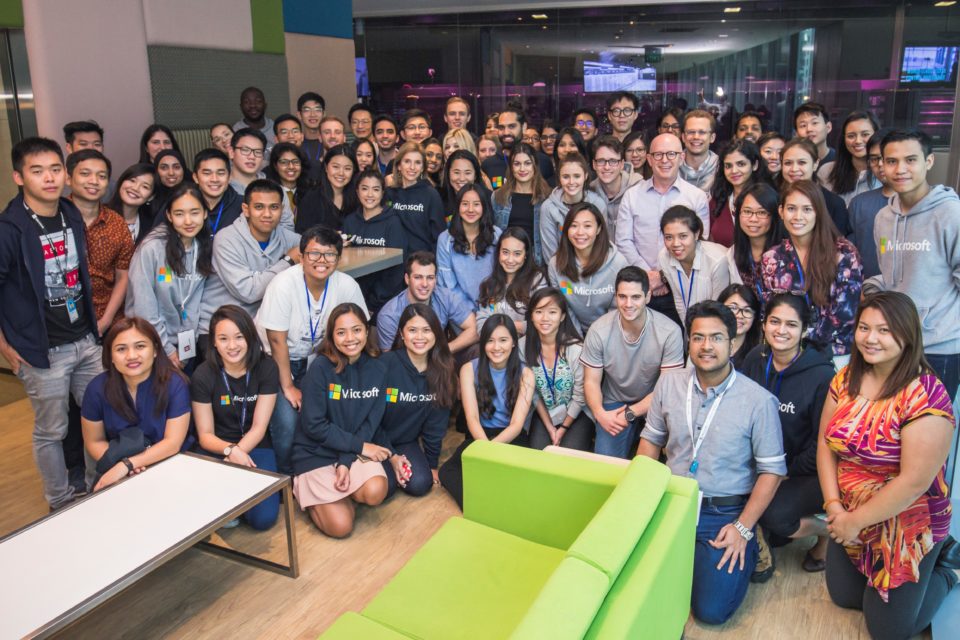By Andrea Della Mattea, President, Microsoft Asia Pacific. This article was first published by Channel Asia.
 My first mobile phone was actually a car phone that needed both hands to do anything, needless to say, it definitely wasn’t mobile. On my first day as an engineering undergraduate, I looked around and saw only a handful females in the lecture hall. One of my first jobs was at a large sugar refinery filled with heavy machinery and processing equipment in Queensland, Australia. Out of more than 100 employees at the mill, I stood out as one of the few females, let alone a female engineer.
My first mobile phone was actually a car phone that needed both hands to do anything, needless to say, it definitely wasn’t mobile. On my first day as an engineering undergraduate, I looked around and saw only a handful females in the lecture hall. One of my first jobs was at a large sugar refinery filled with heavy machinery and processing equipment in Queensland, Australia. Out of more than 100 employees at the mill, I stood out as one of the few females, let alone a female engineer.
We’ve come a long way since then, for example today, our children are building complex and imagined mixed reality worlds through coding.
I recently spent time with 500 girls in Colombo, Sri Lanka and their dreams to improve communities was amazing! We asked the young girls to brainstorm ideas that would solve real world problems and I was humbled by the range of topics and the depth of thinking they provided for solutions using artificial intelligence, data analytics and sensors. One team suggested using augmented reality to help people with degenerative brain disorders, such as dementia, to emotionally keep their memories alive. Another group proposed an intelligent washing machine and a special detergent to detect the early signs of diseases by analyzing sweat on clothes. These are our future leaders and their hunger for learning was infectious. One of the most inspirational comments we heard during the event was “I have so many hopes, so many dreams and I want to do a lot of things and I can’t select, so I need some help on what I should do.”
Industries are challenged and disrupted by innovation, and what we once considered fiction are becoming a reality.
If we don’t prepare ourselves to embrace learning, change, differences and new experiences, we stagnate and block our collective paths to an inclusive and transformative future. Three years ago, we began a journey to evolve our culture at Microsoft and in so doing redefine our relationship with employees, customers and partners. This journey started by grounding our “aspire-to” culture in a growth mindset, obsessing over our customers, operating as a unified company and being inclusive and accessible.
Unlearn to lead
Preparing for growth and change comes in a myriad of ways – unlearning our old mindsets, listening to fresh perspectives and thinking outside the proverbial box.
It’s important to learn from our partners in the business, so we can build business opportunities together, co-create and collaborate with others, allowing for diverse minds to work together.
It’s exciting to see the success of our partners, and to know we’re collaborating with businesses of all types and sizes wherever there is opportunity. We’re working together with partners, old and new to help them build their own digital capability to compete and grow.

This allows us to target industries and audiences we may never have thought to reach, to solve problems we never experienced for ourselves, to come at old problems with fresh perspectives and to challenge ourselves to think differently. With this diversity of experiences, opinions, skills, ideas and knowledge, there is a greater opportunity for us to go further as we traverse new unchartered territory in technology.
“Don’t be a know it all; be a learn it all.”
That was the advice of our CEO, Satya Nadella, after he read Stanford Psychologist and Professor, Carol Dweck’s research on the growth mindset. The idea that none of us are ‘the finished article’ is a refreshing perspective.
As a leader, I’m constantly thinking about my team’s development and my role in helping them grow. What the research shows is that no matter how far we go in our careers or how much we accomplish in our personal lives, lifelong learning is critical in helping us expand our experiences, skills and horizons to ultimately achieve more.
And we know that a growth mindset, the hunger to learn and obsessing over our customers and partners makes more possible.
The question I ask you is, have we been too focused on becoming experts when we should be lifelong students?





